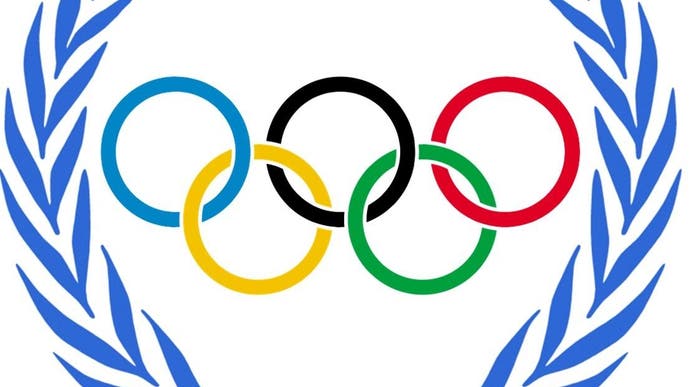Esport "killer games" aren't right for Olympics, says IOC
"We cannot have ... a game which is promoting violence."
Don't expect to see esports in the Olympic Games any time soon. International Olympic Committee president Thomas Bach believes the video games being played still promote violence and killing too much to be included.
"We cannot have in the Olympic programme a game which is promoting violence or discrimination," Bach told the Associated Press during the recent Asian Games - an event where esports were, for the first time, a feature, albeit as a demonstration sport only. "So-called killer games. They, from our point of view, are contradictory to the Olympic values and cannot therefore be accepted."
It's an arguably hypocritical stance given the long list of combat or weapon sports already in the Olympic Games: boxing, martial arts, fencing, shooting, archery and so on. Bach himself was even once an Olympic gold-medalist fencer.
He countered this point by saying: "Of course every combat sport has its origins in a real fight among people. But sport is the civilised expression about this. If you have egames [esports] where it's about killing somebody, this cannot be brought into line with our Olympic values."
The biggest esport video games in the world - Dota 2, League of Legends, Fortnite, PUBG, Overwatch, Counter-Strike: Go - are about killing, but there are also many games which are not, Rocket League and FIFA in particular. There are hotly contested card games like Hearthstone, and there are perennials like Street Fighter based upon martial arts already featured in the Olympic Games. But if you open the door to let one in, you may never be able to close it again. Perhaps that's the real concern.
Regardless, having esports recognised at Olympic level is something the companies behind the games - and the organisations responsible for the leagues they're contested in - are not going to give up on. More than 150 representatives from esports and video games flocked to an Olympic Esports Forum in July to discuss the matter. The benefits to games being legitimised at an Olympic level could include athlete visas, for example, as well as better regulations and increased broadcasting and sponsorship opportunities.
It's an area Overwatch-maker Blizzard has been pushing hard into with the professional Overwatch League, where major city-based teams are multi-million dollar operations owned by companies like Kroenke Sports & Entertainment - the same company which owns a majority stake in Premiership football team Arsenal, for instance. But the Overwatch League has suffered image problems because of the toxic communities professional players emerge from. The on-stream behaviour and comments of players has led to suspensions, fines and dismissals, and every time this happens the question repeats: are these the people games want as representatives to the rest of the world?
The Olympic Games 2020 will be held in Tokyo.


